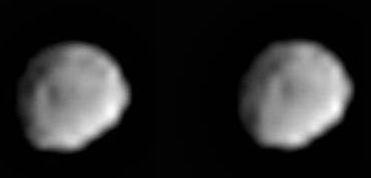Though the news has rightly been making a very big deal about the out-of-control Wallow wildfire in eastern Arizona, it turns out that this is not the only serious wildfire in the state.
Friends in Arizona clued me in on this website, Inciweb, which lists all the fires both active and inactive in the U.S. Of the active fires, Wallow is by far the biggest at almost 400,000 acres. However, there are three other big fires in the Coronado National Forest on the Mexican border whose total acreage exceeds 200,000 acres. These particular fires have shut down all public access to Coronado.
It is believed by one of my local Arizona friends that these fires are probably linked to either the illegal drug or immigrant smuggling that passes along the forest’s trails, coming north from Mexico. (When I was out in Tucson in January we saw clear evidence of this smuggling on these trails during one hike in the Huachuca Montains, with a lot of trash scattered along the trail and in several adjacent rock shelters.)

